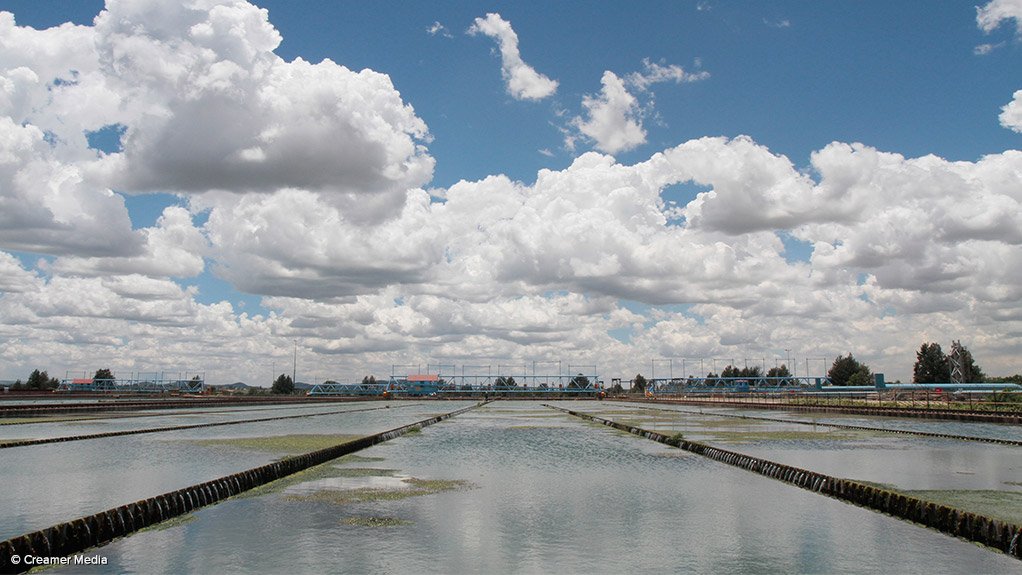At the current pace, global demand for water will increase by 55% by 2050, moving concerns around sustained water supply up the business risk agenda, a recent report by the Organisation for Economic Cooperation and Development has revealed.
This finding came coupled with the conclusions of a recent World Bank report, which cited a 40% global shortfall between forecast demand for and available supply of water by 2030.
“With business sharing water with communities, industry, farmers and other users, securing the right quality and quantity of water at the right time is set to become a serious production and reputational issue,” professional services firm PwC outlined in a report dubbed ‘Collaboration: Preserving water through partnering that works’.
The report, which explored the risks of water demand trends for business, stated that continued effective water management was becoming more complex and costly for the private sector.
According to PwC sustainability and integrated reporting partner Jayne Mammatt, identifying and managing the potential material risks – both in direct operations and in the supply chain – was an important step in managing the bottom line and avoiding sudden costs.
“Ultimately, securing water will come down to effective collaboration with other users in the water basin and, when stakeholders come together, they often have hugely differing perspectives and demands,” she commented.
According to PwC’s annual CEO survey, 46% of CEOs agreed that resource scarcity and climate change would transform their business in the next five years.
Economic development was expected in regions and countries in which there was already a significant water shortage, such as in the Middle East and Africa.
As South Africa experienced continued population and economic growth, Mammatt said the country was approaching full use of available water resources as an ever-increasing demand for water resources would eventually outstrip supply.
“Water has a place on the risk agenda for every business – either as a direct operational issue or in the supply chain. Business needs to have effective monitoring and management in place, both from its own perspective and that of its stakeholders.
“Not only is production at stake, reputation and licence to operate are too, so the decisions around water have far-reaching consequences,” she cautioned.
EMAIL THIS ARTICLE SAVE THIS ARTICLE
To subscribe email subscriptions@creamermedia.co.za or click here
To advertise email advertising@creamermedia.co.za or click here











